The second day of SMX West began with a keynote by the Bing team from Microsoft. Speakers Christi Olson and Junaid Ahmed focused on outlining Bing’s view of how search should work, their general approach to it and features they have in their search engine that Google doesn’t have. The Bing team discussed some of this previously (read my recap from SMX East recap here) but there were several new projects discussed.
Bing’s holistic approach to search overall strives to improve their organic results, and for the ads, their goal is to be as helpful as possible. To do that, Bing made 75 significant changes in 2018.
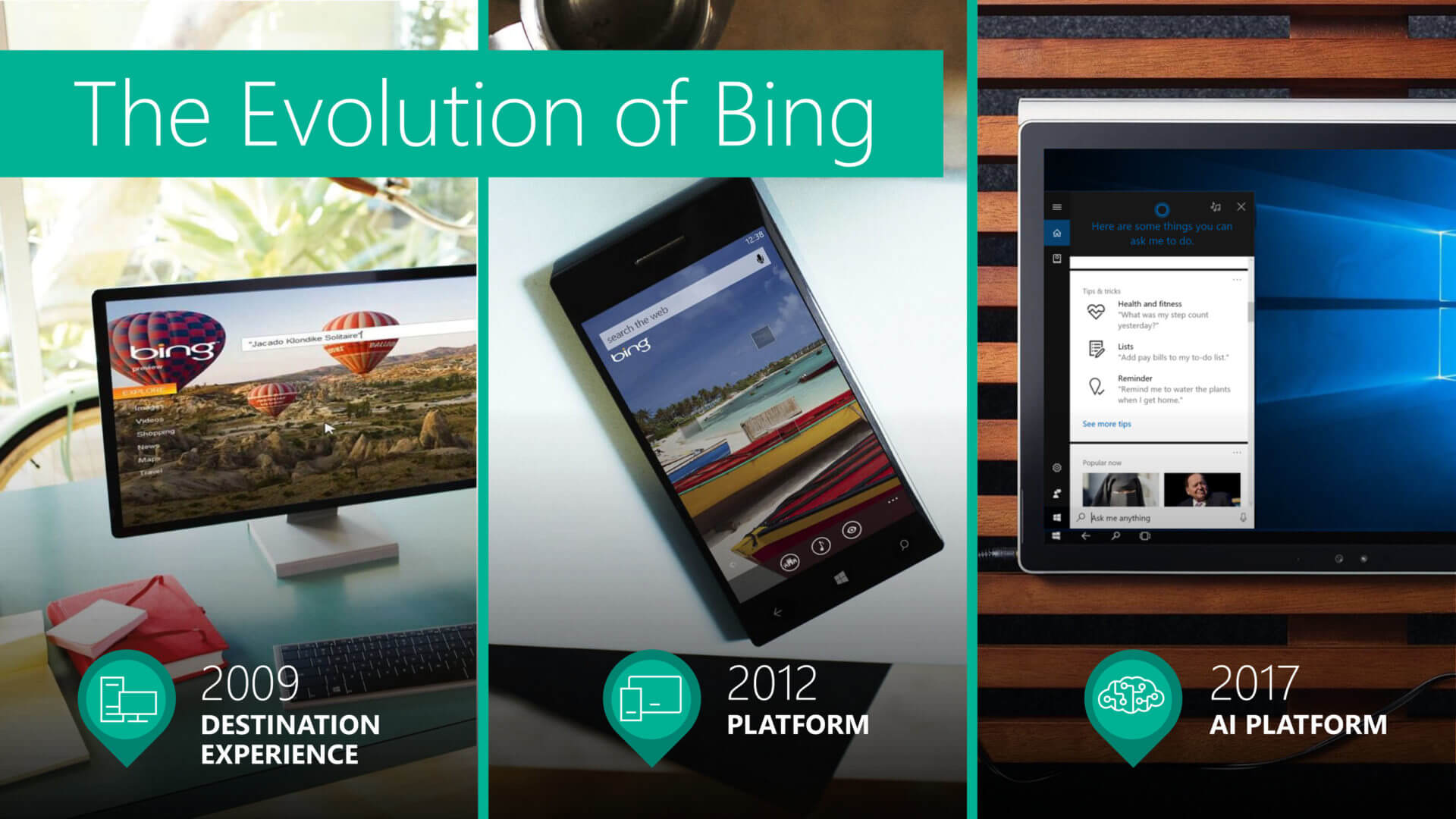
Within Bing Ads, two big areas for investment were the introduction of Bing Ads Scripts and improvements to their Google Import capabilities.
Bing Ads is also moving away from keywords and towards intelligent audience marketing with its Microsoft Audience Ads program. This includes features such as in-market audiences, LinkedIn profile targeting and the ability to address multiple language targets within one ad group.
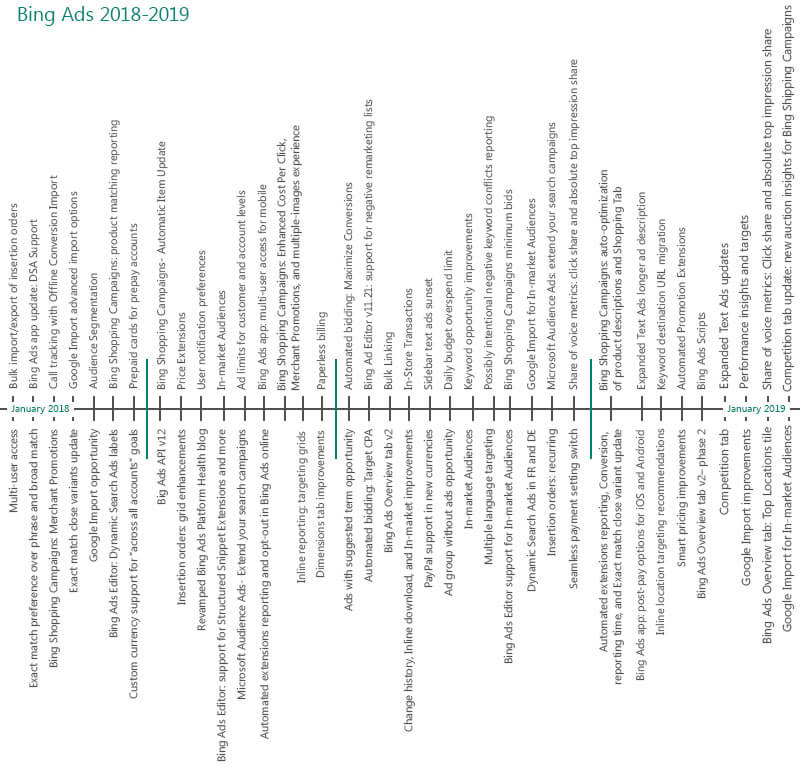
Also, the Microsoft Audience Network is benefitting from their recent deal with Verizon to access all their properties, including native advertising across the Yahoo network. This also gives Bing Ads access to AOL.com, the Huffington Post and provides them with a strong mobile market share. Microsoft is planning to complete its integration with the Verizon Media network by March 31.
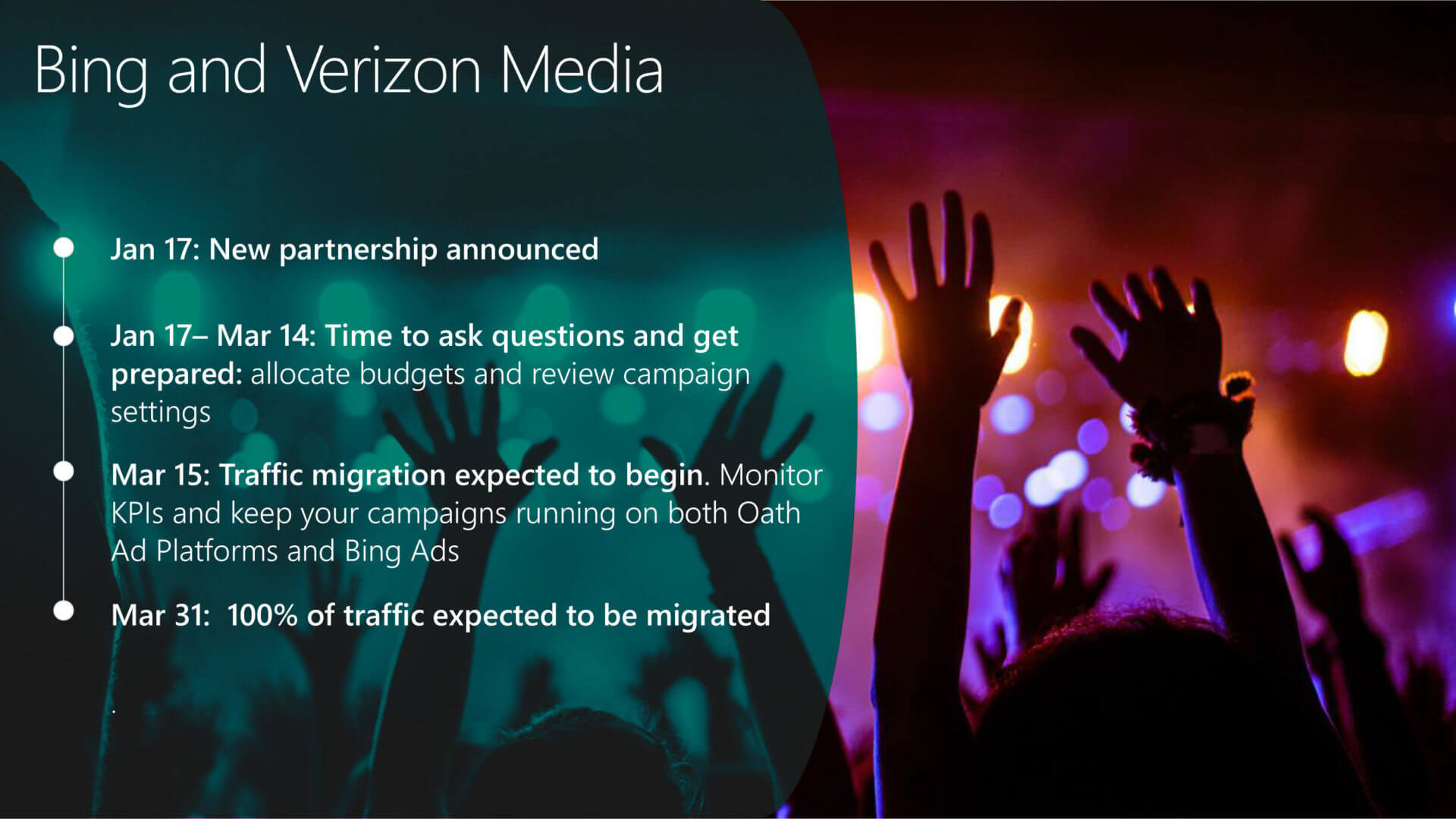
AI and the scale of the Bing Knowledge Graph, which is about 5 billion entities, has the goal to build a better semantic understanding of each phrase. Trying to discern what a user wants based solely on a two or three-word phrase is a task is one of the most challenging aspects of search.
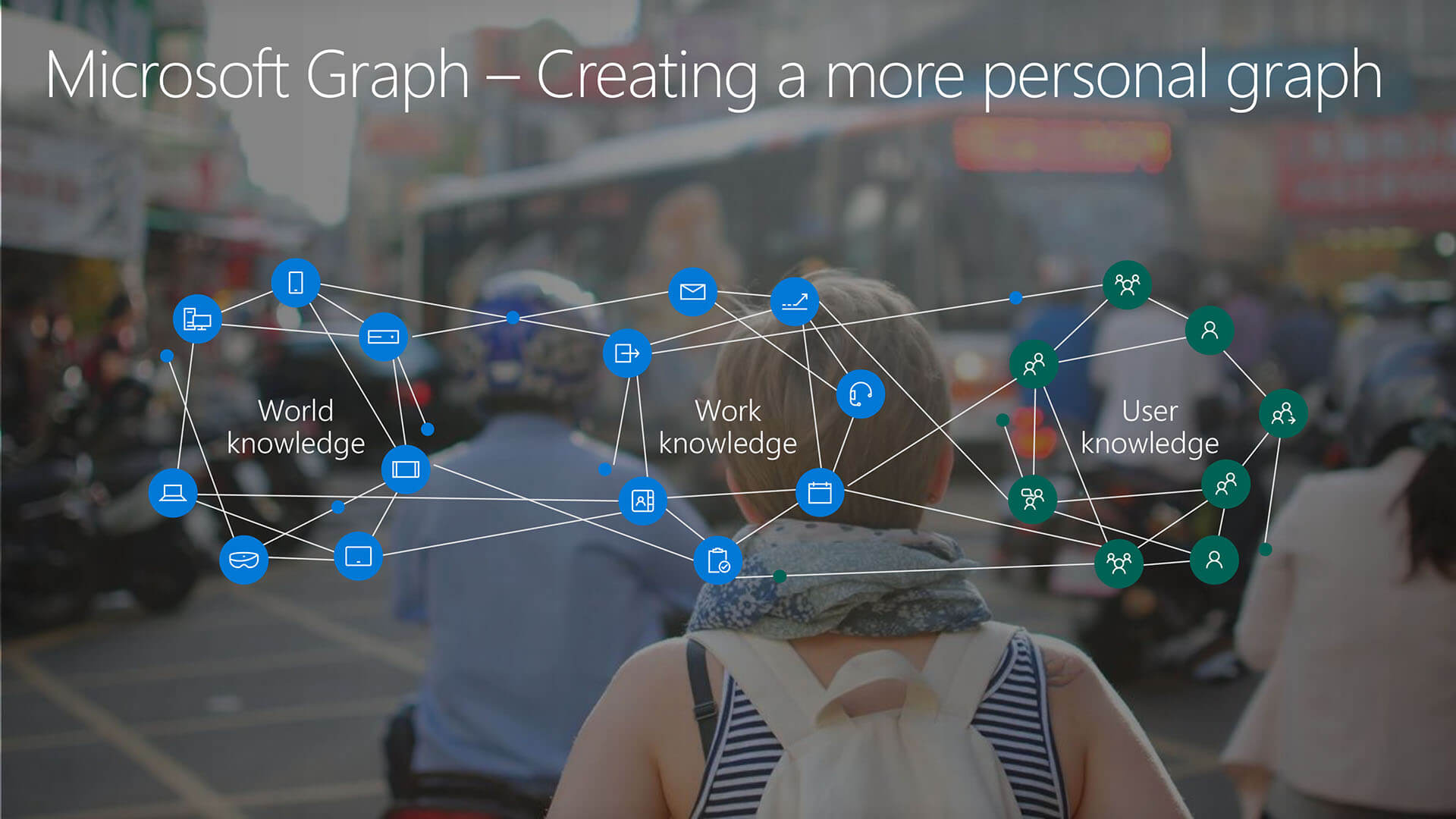
Christi highlighted the Microsoft Search Graph Integration for Businesses that allows Bing to do more than search the web. It can also search internal business networks with information in Microsoft office docs, spreadsheets, Powerpoint files, and Sharepoint sites, all in one seamless experience with web search.
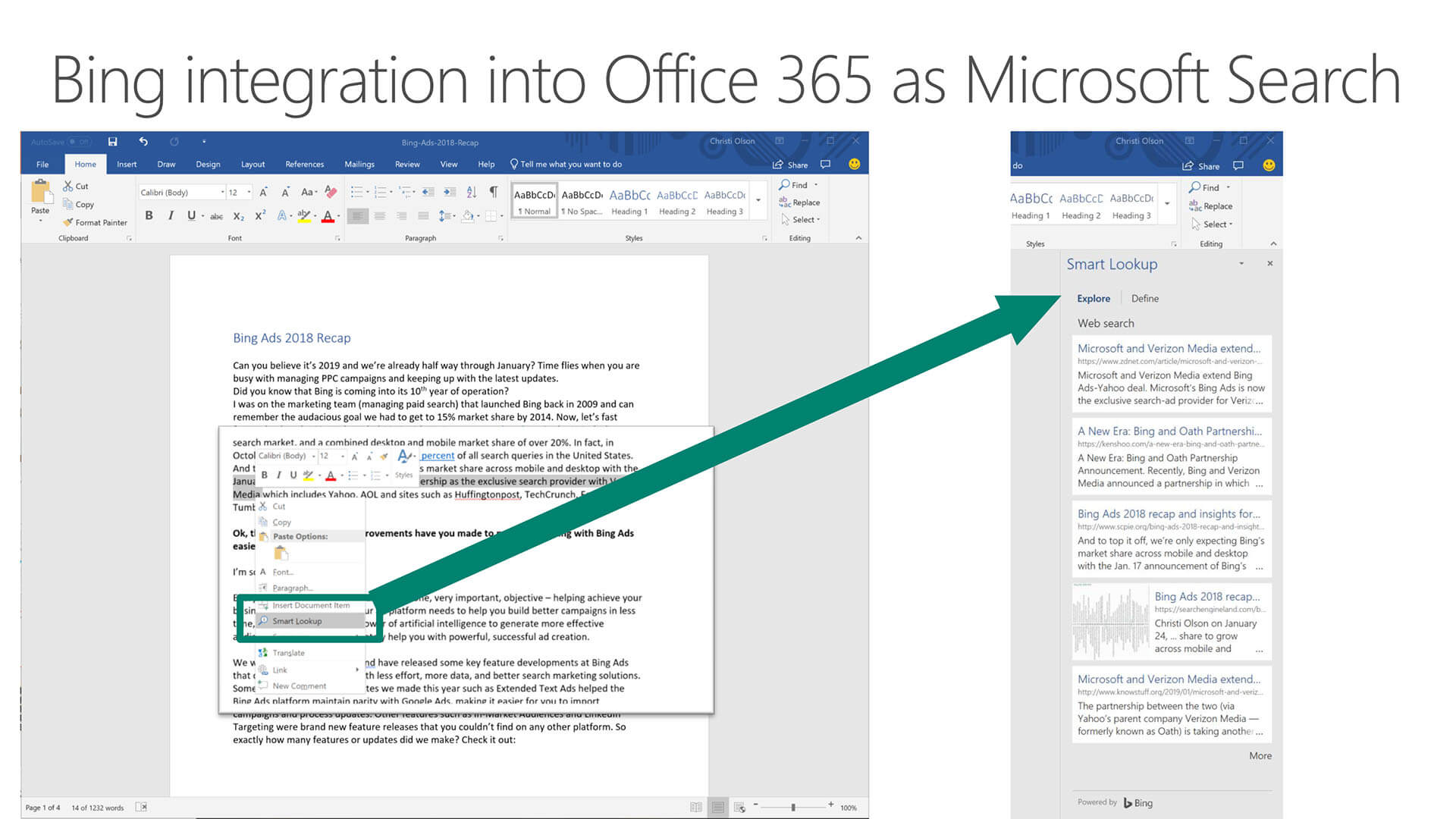
Junaid, who was new to presenting at SMX as he spends more time at machine learning conferences, explained how Bing’s goals align with SEO goals.
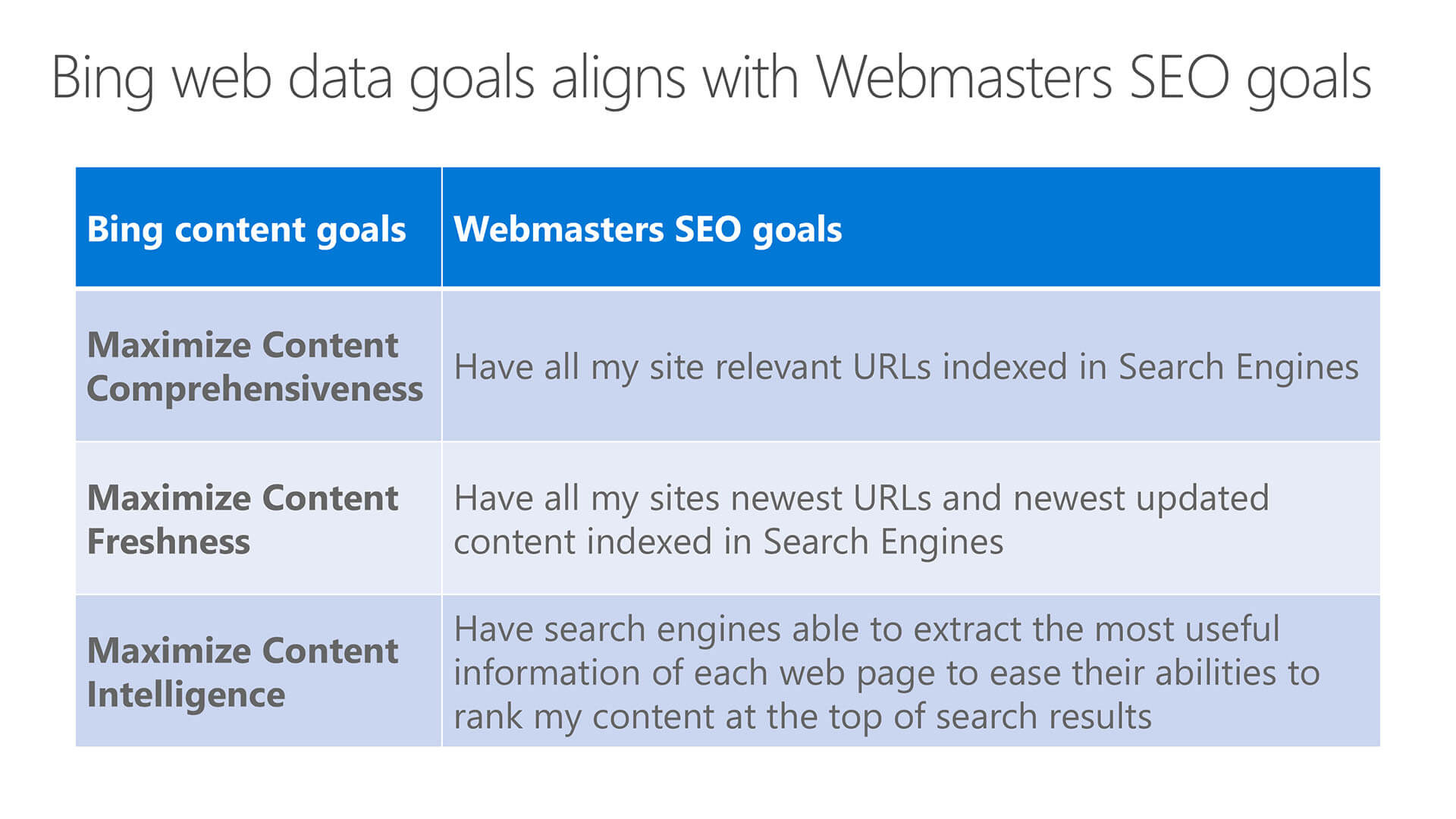
Bing’s QnA capability handles search refinements to deliver multi-perspective answers. They have partnered with the Trust Project to increase news transparency. This includes a new type of schema that many are not using yet, but they’re promoting it. Bing can provide multi-perspective responses and not only does this with regular search results, but it is extended to news results as well.
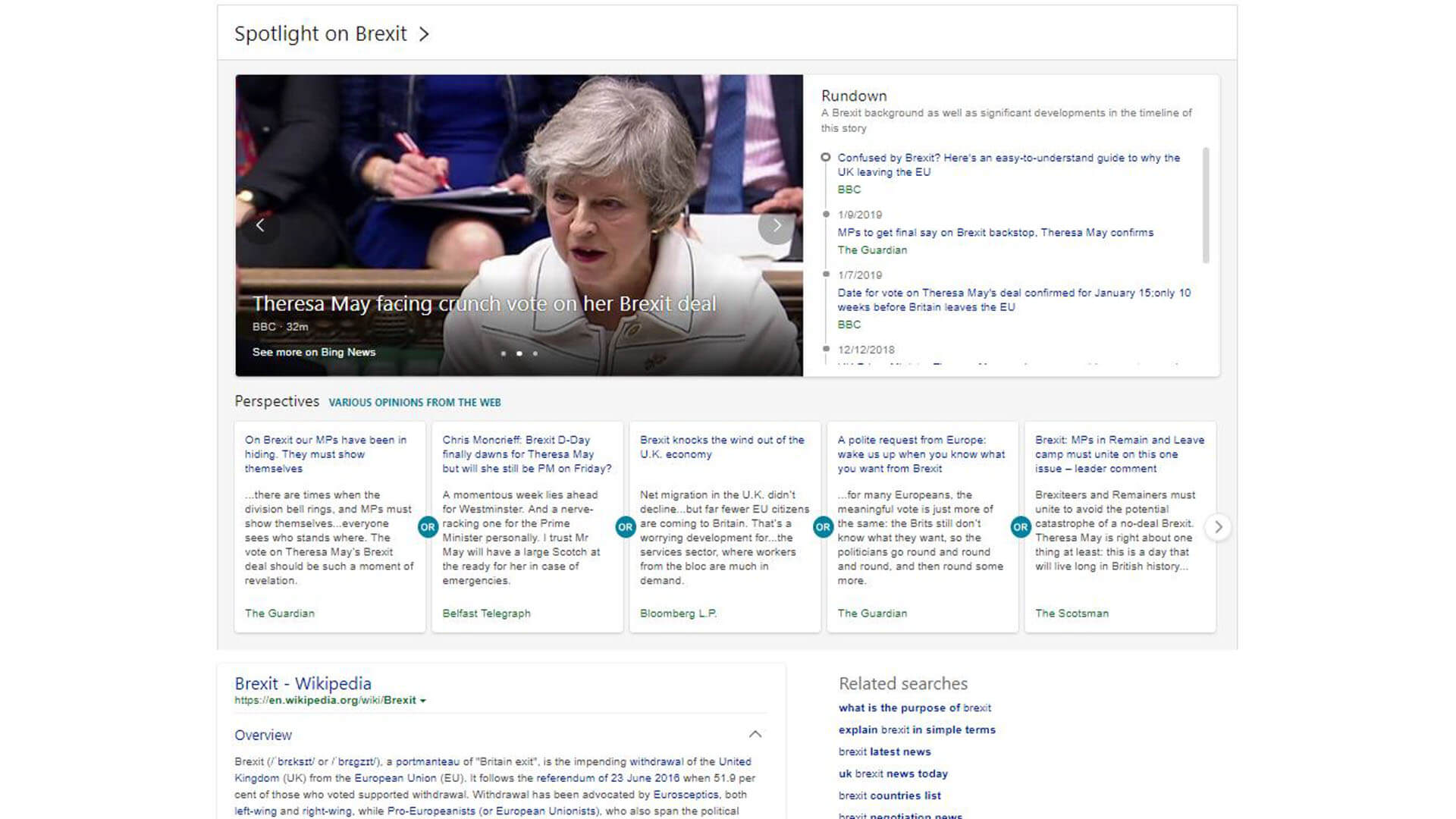
Real-time indexing is a big push at Bing, too. When a presentation followed by a blog post should mean that by the time someone wants to do a search, it should be there in the results. For example, when the wrong Oscar winner gets announced you’re going want to get that info NOW.
Bing is also expanding what they’re doing in image (visual) search. One example is the use of a camera as a direct input into the Bing mobile app. Imagine that you are in Paris and walked to dinner, had a nice meal and now you’re walking back. You should be able to take a picture of the bridge you’re approaching and find out immediately if it’s the one that you used on the way out to dinner. Another image feature tells you how many pages on the web include a particular image.
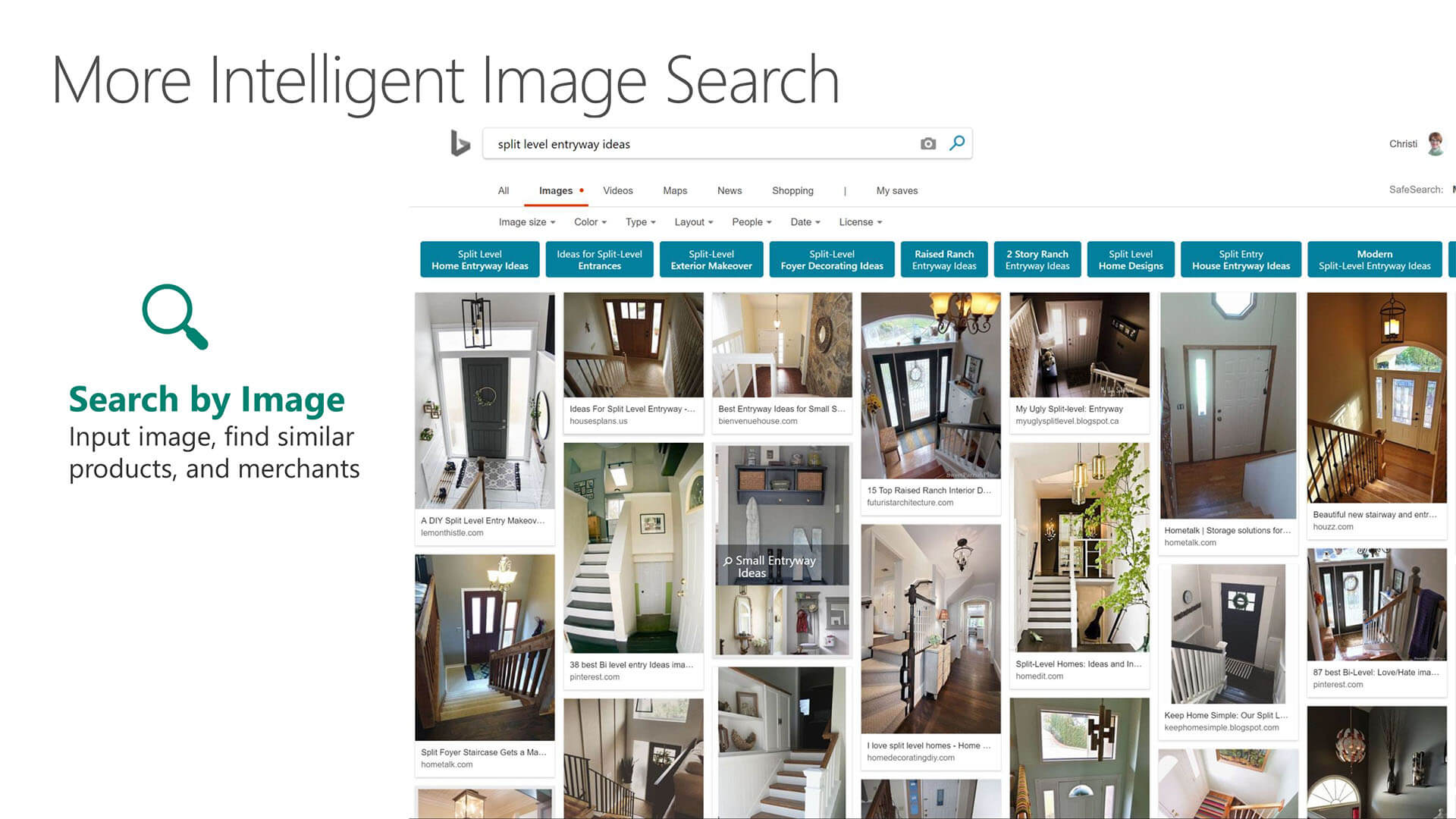
Bing is addressing over-crawling issues and outlined how the volumes of their crawls declined over time.
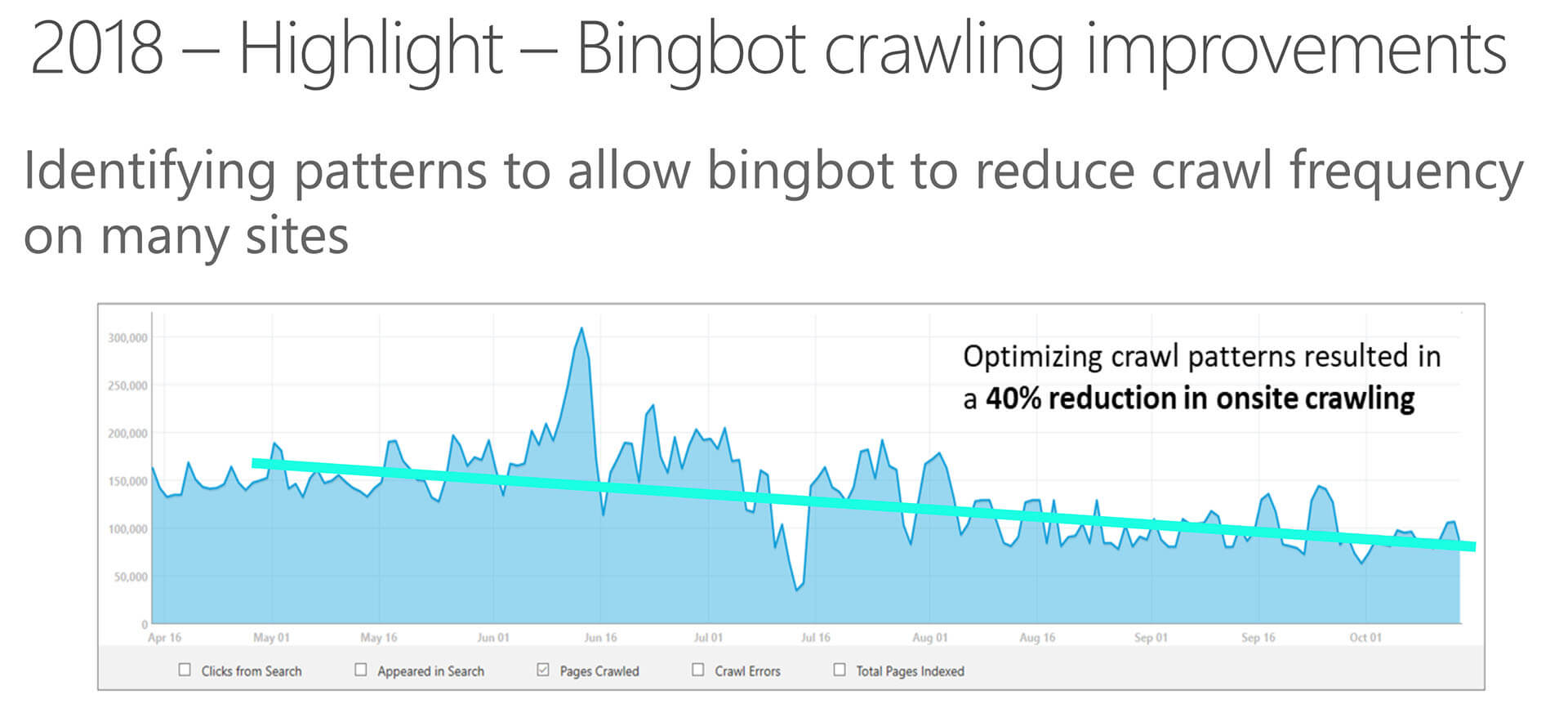
With the ability to submit up to 10,000 URLs per day to Bing (read more about this announcement here),the need to crawl is eliminated so the webmaster of a site can let Bing know when something has changed.
To facilitate this, Bing will interact directly with larger companies (e.g., Amazon). They see this as a major shift in how search engines work. To that end, the current limit of 10,000 is just a number, and this could get increased over time.
Opinions expressed in this article are those of the guest author and not necessarily Search Engine Land. Staff authors are listed here.
http://feeds.searchengineland.com/~r/searchengineland/~3/R1sdsqS87UY/bings-holistic-view-of-search-on-display-at-smx-west-312240


